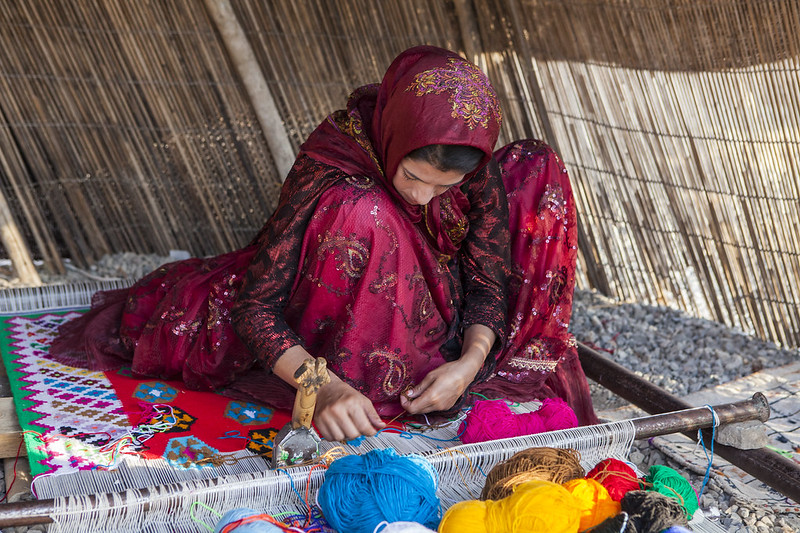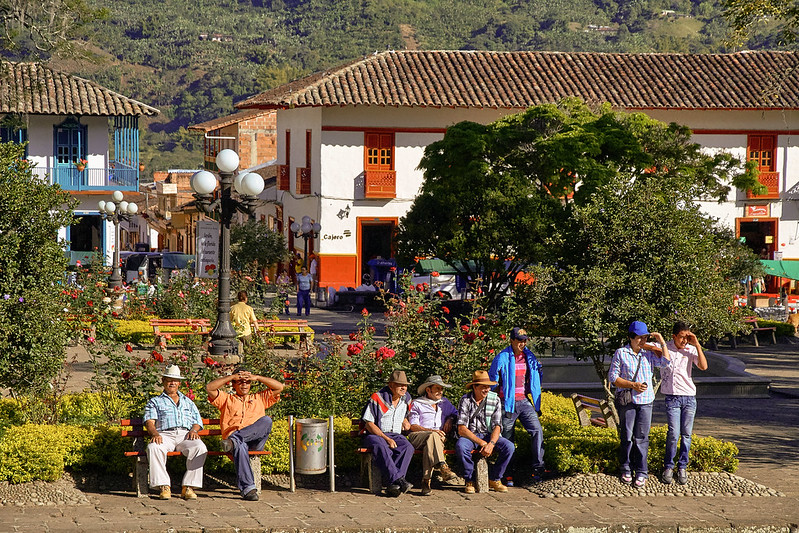 Despite being a source of creativity and self-expression, the fashion industry has long been criticized for its problematic practices. This has especially been the case within the fast fashion sector. According to the United Nations Environmental Protection Agency (UNEP), the industry uses 93 billion cubic meters of water annually, enough water for 5 million people. The fast-paced, low-cost production of clothing perpetuates a host of environmental and social problems, including severe human rights violations. Workers in developing nations frequently experience hazardous working conditions, excessive hours and unfair pay, trapping them in cycles of poverty.
Despite being a source of creativity and self-expression, the fashion industry has long been criticized for its problematic practices. This has especially been the case within the fast fashion sector. According to the United Nations Environmental Protection Agency (UNEP), the industry uses 93 billion cubic meters of water annually, enough water for 5 million people. The fast-paced, low-cost production of clothing perpetuates a host of environmental and social problems, including severe human rights violations. Workers in developing nations frequently experience hazardous working conditions, excessive hours and unfair pay, trapping them in cycles of poverty.
Impoverished communities suffer disproportionately from the environmental damage caused by unsustainable manufacturing practices. They are the least equipped to manage the fallout from pollution, water scarcity and the changing climate. Despite these challenges, the fashion industry is increasingly striving to mitigate its impact and promote ethical fashion to fight poverty. Initiatives like the United Nations (U.N.) Alliance for Sustainable Fashion and social enterprise Moeloco, lead sustainability programs worldwide.
Moeloco
Moeloco, founded by Kathy Wong, is an ethical footwear brand. They produce flip-flops with inspirational messages engraved on the soles, such as ‘Love’ and ‘Be Happy.’ While these messages help spread positivity, the impact of each purchase is even more far-reaching. For every pair of flip-flops sold, the organization donates a pair of locally crafted, closed-toe canvas shoes to impoverished children in India. In many regions across India, many children remain shoeless – this puts them at significant risk of contracting diseases from the ground below them, which may lead to amputation or death and prevent them from going to school due to health regulations enforced at schools. Without education, these children are more likely to remain trapped in the cycle of poverty.
Moeloco alleviates poverty by donating 400 shoes to impoverished children in India, collaborating with the Hope Foundation. This partnership supports local manufacturers who make the shoes, thereby creating local jobs and distributing the footwear. It aims to provide these children access to education and raise awareness about the impact of consumer spending. This initiative represents ethical fashion by directly linking purchases with tangible benefits for impoverished children, demonstrating how consumer choices can significantly alter lives.
Ethnotek
Another impactful brand tackling poverty in the fashion industry is Ethnotek. Founded by Jake Orak, Ethnotek collaborates with artisan communities in Guatemala, Ghana, Vietnam, Indonesia and India to produce beautifully crafted bags that preserve cultural heritage. These artisans use traditional techniques to create colorful, handcrafted textiles which are incorporated into their products. Ethnotek is unique in that it is dedicated to sustainability and fair trade. Rather than providing direct aid, the company guarantees that artisans receive fair wages and work in safe conditions by forming direct partnerships with them.
Since many of these craftspeople reside in rural areas with few job opportunities, selling their handmade goods on international marketplaces enables them to become financially independent. Since Ethnotek’s conception in 2007, the business has now partnered with more than 500 artisans across five countries to generate more than $10 million in revenue in 2024. This economic empowerment aligns with core principles of ethical fashion in fighting poverty as it uplifts impoverished communities through fair wages and employment opportunities.
Fashion Impact Fund
The Fashion Impact Fund, an innovative program, leverages the fashion industry’s broad influence to foster social change. This nonprofit organization offers grants, training and employment opportunities to female-led projects emphasizing environmental sustainability, poverty alleviation and education. It supports female designers, artists and entrepreneurs to cultivate a more diverse and socially conscious fashion industry. The fund’s core objective is to equip women from underprivileged backgrounds with the resources and opportunities they need to succeed in the fashion sector.
Through mentorship, skill development and financial support, this nonprofit helps women establish sustainable careers, lifting them and their families out of poverty. The organization also provides funding for initiatives tackling climate change and environmental degradation – issues disproportionately impacting underprivileged areas. The work of the Fashion Impact Fund contributes to the broader movement of ethical fashion fighting poverty, with a focus on addressing discrimination and lessening the gender-based wealth gap via economic inclusion.
Looking Ahead
These initiatives demonstrate the fashion industry’s potential to drive significant social change. By promoting fair wages, education and economic empowerment, these organizations prove that fashion can potentially serve as a powerful tool for long-term poverty reduction. As consumers increasingly recognize the influence of their purchases, the potential for ethical fashion to fight poverty could grow.
– Viola Cuthbertson
Viola is based in London, UK and focuses on Good News for The Borgen Project.
Photo: Flickr

